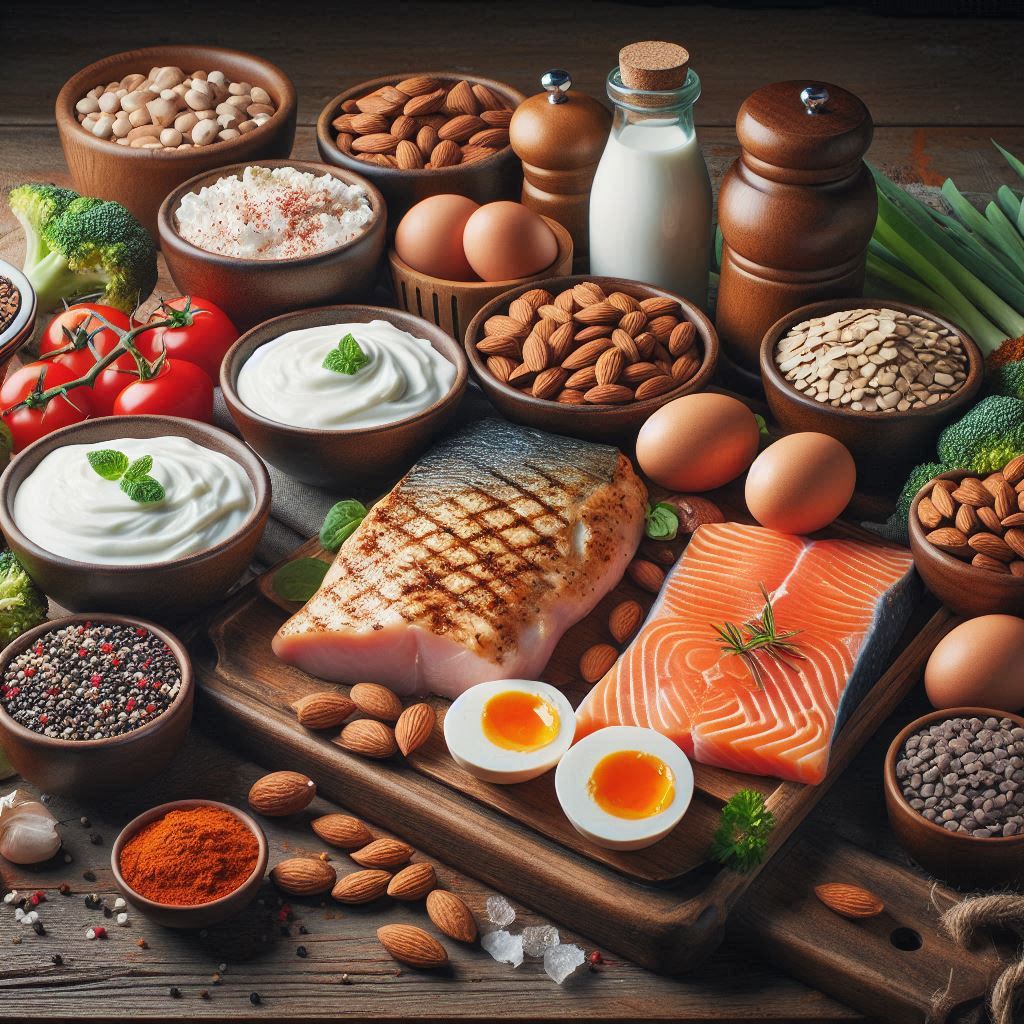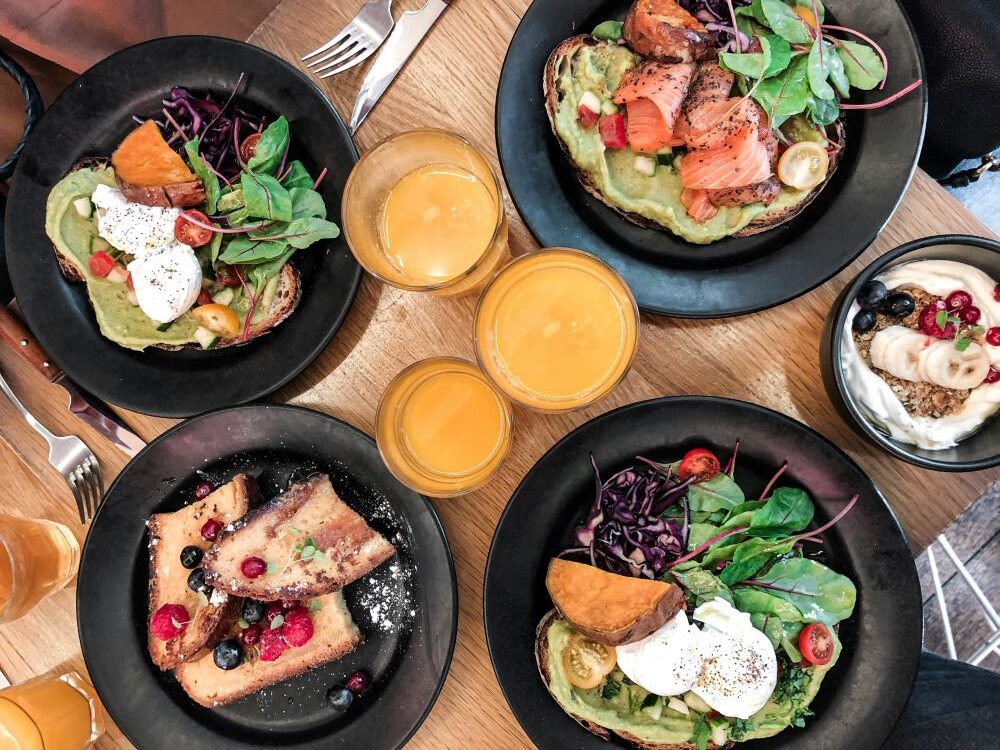Discover the top high-protein natural foods for bodybuilding recovery, carefully selected to help your muscles repair, grow, and perform at their best after every intense workout. This guide breaks down the pros and cons of each option, highlighting their unique benefits, from lean animal proteins like chicken breast and eggs to plant-based powerhouses such as lentils and quinoa. Alongside nutritional insights, we’ll show you easy meal ideas and preparation tips to maximize recovery, support muscle protein synthesis, and fuel consistent strength gains. Whether you’re a beginner or an experienced lifter, incorporating these foods into your diet can improve endurance, reduce soreness, and optimize overall performance.

High-Protein Natural Foods for Bodybuilding Recovery
If you’re serious about muscle growth, then understanding High Protein Natural Foods for Bodybuilding Recovery is essential. After intense training sessions, your body needs more than just rest—it craves nutrient-dense fuel to rebuild muscle fibers, restore glycogen levels, and repair microscopic damage from resistance workouts. Choosing whole, minimally processed foods provides the amino acids, vitamins, and minerals your body depends on for strong recovery and lean muscle development.
Why Protein Matters After Training
When you lift weights or do high-intensity exercise, small tears form in your muscle fibers. Protein supplies the amino acids required to rebuild those fibers, making them stronger and denser. Natural food sources—rather than processed supplements—also deliver supporting nutrients like iron, zinc, and omega-3 fatty acids, which contribute to overall recovery.
The goal isn’t just hitting a number of grams; it’s feeding your body the right kind of protein in forms it can digest and utilise efficiently.

Top High-Protein Natural Foods for Bodybuilding Recovery
1. Eggs
A single egg provides about six grams of high-quality protein and essential amino acids. The yolk also carries healthy fats and B-vitamins that aid metabolism and repair.
2. Chicken Breast
A bodybuilding classic, chicken breast is lean and packed with around 25–30 g of protein per 100 g serving. Pair it with complex carbs like quinoa or sweet potato for balanced post-workout nutrition.
3. Greek Yogurt
Rich in casein and whey proteins, Greek yogurt delivers slow and fast-digesting protein for prolonged muscle support. It’s also a good source of calcium and probiotics.
4. Salmon
Beyond its 22 g of protein per 100 g, salmon’s omega-3 fats reduce inflammation, helping sore muscles recover faster.
5. Lentils
For plant-based athletes, lentils supply around 18 g of protein per cup along with fiber and iron. Pair them with whole grains to boost amino acid balance.
6. Cottage Cheese
This underrated snack offers slow-digesting casein, which supports muscle repair overnight. Add fruit or seeds for taste and micronutrients.
7. Quinoa
A complete plant protein containing all nine essential amino acids, quinoa also brings magnesium and fiber to aid digestion and muscle relaxation.

The Benefits of Using Natural Foods Over Supplements
Whole foods provide a matrix of nutrients that isolated protein powders lack. Vitamins, minerals, and phytonutrients work synergistically to support hormonal balance, muscle function, and immune health. Natural foods also have fewer additives, giving you clean energy for consistent training results.
However, supplements can still be useful for convenience—especially during travel or intense training cycles. The key is using them as a backup, not a replacement.
Sample Post-Workout Meal Ideas
- Grilled chicken with brown rice and steamed broccoli — a lean, balanced plate for recovery.
- Scrambled eggs with spinach and avocado — quick, nutrient-dense breakfast.
- Greek yogurt with berries and chia seeds — rich in antioxidants and protein.
- Lentil and quinoa bowl with olive oil drizzle — great plant-based recovery option.
These combinations ensure your body receives the macronutrients and antioxidants it needs for quick, efficient repair.
The Pros and Cons of a High-Protein Natural Diet
Pros:
- Promotes lean muscle growth and faster recovery.
- Keeps you full longer, aiding weight management.
- Provides essential micronutrients not found in powders.
Cons:
- Can be time-consuming to prepare meals.
- Some natural proteins (like red meat) can add excess saturated fat if eaten too often.
- Plant-based sources require careful pairing for complete amino acid intake.
So, High Protein Natural Foods for Bodybuilding Recovery are not just a fitness trend—they’re the foundation of effective, sustainable muscle building. Whole foods deliver clean energy, rich amino acids, and vital nutrients your body needs to grow stronger after every workout. Whether you’re a seasoned lifter or just starting your fitness journey, focusing on quality, variety, and balance ensures your muscles recover efficiently while your health stays optimized for the long term.
Consistency, not complexity, builds the best results. Feed your body what it understands—real food.
Bodybuilding FAQ — Quick Answers
Essential tips and answers for beginners and enthusiasts.
How often should I train each muscle group?
How many sets and reps are best for muscle growth?
Should I focus on compound or isolation exercises?
How important is nutrition for bodybuilding?
Can I gain muscle while losing fat?
Do supplements really work?
Bodybuilding Glossary — Key Terms Explained
Learn the meanings of the most important high-protein foods and bodybuilding recovery terms used in this guide.
